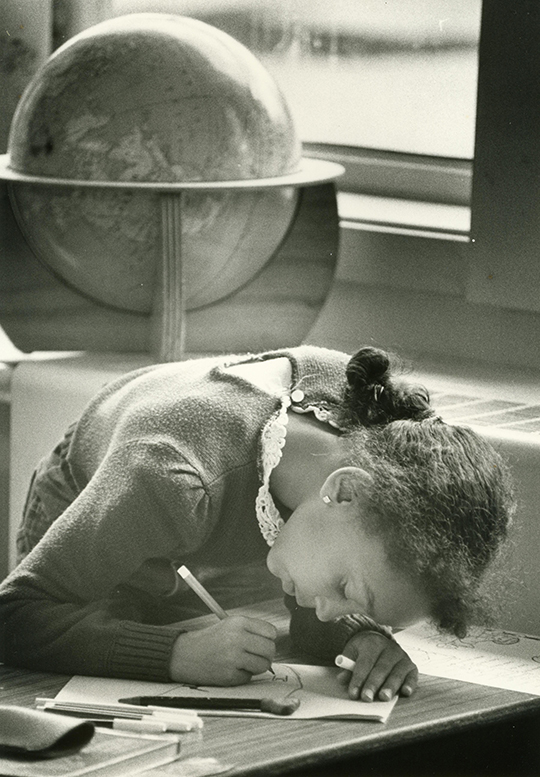Columbia Basin Commission


A discussion in front of an illustration showing Grand Coulee Dam and a map of the Columbia Basin Project. Washington State Archives' Digital Archives.
State Library Photograph Collection, 1851-1990. c. 1940.
The rivers in Washington’s Columbia Basin have been seen as potential sources for irrigating arid farmland and generating electric energy since the beginning of the 20th century. In 1919 the Washington state Legislature created the Columbia Basin Survey Commission and appropriated $100,000 for it to develop the region’s irrigation and hydroelectric potential.
 Start with secondary sources
Start with secondary sources
Use secondary sources to gain basic knowledge of your topic, its significance, and historical context.
Ask a Librarian online at Washington State Library to get expert help in locating useful secondary sources.
Then use primary sources
Use primary sources to deepen your understanding of the topic, and assemble evidence to support your own analysis and interpretation.
Ask an Archivist online at Washington State Archives to get expert help in locating useful primary sources.
Some key historical research questions:
- What was the Columbia Basin Project, and how did it change agriculture and industry in Washington state, as well as the environment of the Basin?
- How did the commission’s work influence the development of the Columbia Basin Project?
- What were the Columbia Basin Irrigation League and the Columbia Basin Development League?
- What were their goals, and what was their influence on the commission?
- How did the Columbia Basin Commission resolve the differences between the two leagues?
- What was the Grand Coulee?
- How did Grand Coulee and Lake Pend Oreille figure into the debate between the Columbia Basin Irrigation League and the Columbia Basin Development League?
- What were the concerns of farmers?
- What was the federal government’s role in the Columbia Basin Project?
- Who were H. W. Bashore, George Carter, Herschel Cooper, John W. Haw, Olaf Jenkins, Ben H. Kizer, C. Edward Magnusson, D. A. Scott, R. K. Tiffany, and Mark Woodruff, and why was each significant to the work of the Columbia Basin Commission and the outcome of the Columbia Basin Project?
- Consider other possibilities for historical questions as you analyze and interpret this topic.
Back to History Day topic guide
